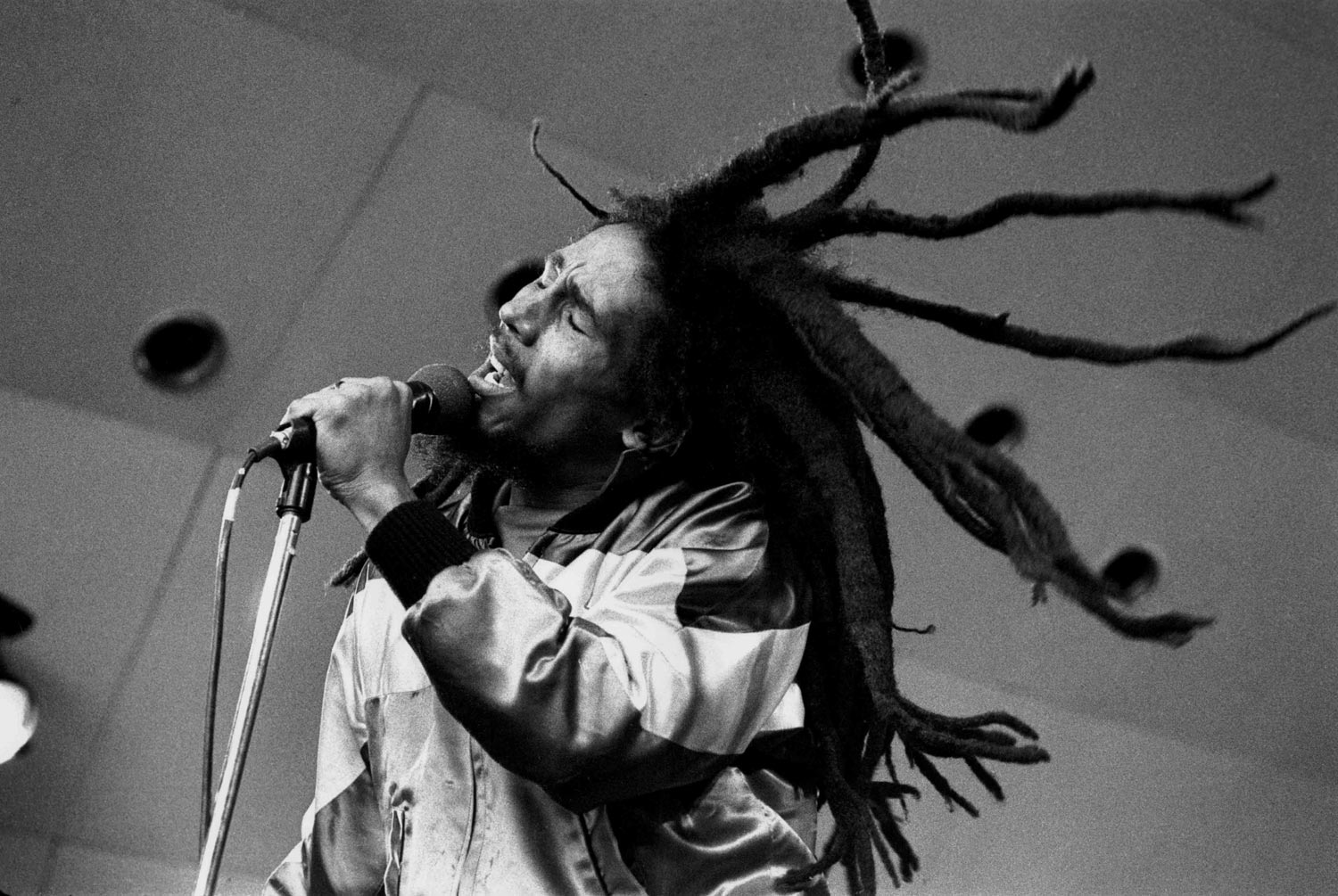Time flies. It seems like just yesterday I was at reggae’s most famous address — 56 Hope Road, Kingston, Jamaica — helping to celebrate what would have been the 50th birthday of Bob Marley.
That was in February 1995, and back then, as we caught up with old friends, made new ones, and swapped stories about the greatest musician of the 20th century, I recall telling my wife, Wendy, that it seemed like just yesterday I was hanging out in the same yard, along with quite a few of the same people, in the week leading up to the now legendary One Love Concert for Peace in September 1978, watching Bob demonstrate his considerable soccer skills and having a difficult time convincing him I was just a journalist there to cover the show, and not a member of the sound crew being flown in from Miami for the historic occasion. I was revelling in being a very tiny part — in the assorted roles of writer, concert promoter, and cheerleader — of one of the golden ages of popular music, the roots reggae era.
Looking back, it all seems to have happened a few months ago — not a few decades — and these days, as I recall his restless creativity and seemingly boundless energy, I often wonder what Robert Nesta Marley would have been doing in 2005, the year he would have turned 60, if he hadn’t been taken from us in 1981.
The possibilities are endless. It’s entirely possible, perhaps even probable, that Marley would have channelled his remarkable array of gifts in directions far removed from music. But, if Bob had stuck with music, what directions would he have gone in? I’m certain of only one thing: Bob Marley, circa 2005, would have been creating and playing music radically different from the roots reggae that made him an international superstar and, after his death, a figure of world stature on a level far transcending music.
That theory is loosely based on the obvious fact that, throughout his intense but all-too-short career, Marley never stood still. As a teenager, he and his fellow Wailers were among the pioneers of Jamaican ska in the early 1960s. Then they helped define the rocksteady and “rude boy” era of the mid and late 60s. And, almost seamlessly, the next thing we knew it was the 70s, and Bob Marley was the undisputed king of a global musical phenomenon called reggae, selling albums by the truckload and breaking attendance records all over Europe.
Along the way, he was listening to and influenced by everything from 50s R&B to Bob Dylan to early Beatles to Jamaican mento, and, at the peak of his career, he admired and embraced the punk movement that was revolutionising popular music in Britain and throughout the world.
In other words, Bob Marley recognised no musical boundaries, and both his recordings and his concert performances reflected his determination never to simply mark time. So I’ve always figured there’s no reason to suppose Bob would have done anything but take new and original musical directions.
My thoughts along these lines were reinforced the other day, when I was engrossed in the liner notes of a fine new CD called Is It Rolling Bob? A Reggae Tribute to Bob Dylan.The CD is a mix of Dylan classics set to reggae, with vocals by some of Jamaica’s finest — everything from a gut-wrenching rendition of The Lonesome Death of Hattie Carrol by Michael Rose to Apple Gabriel’s skankin’ take on The Times They Are a Changin’.
The liner notes, written by my old friend Roger Steffens, reggae’s leading historian, contain a fascinating quote by Marley, when he was asked in 1980 to comment on the criticism Bob Dylan was receiving from fans who didn’t like the religious albums he was putting out at the time. Said Marley: “Well, me glad him do it, yunno, because there come a time when an artist just can’t follow the crowd. I mean, if you are an artist like Bob Dylan, you got to mek the crowd follow you. I can tell you that it mek no difference to Bob Dylan that dem might not like wha’ him do. Yunno? Seen? Him still do it!”
I’ve had the enormous good fortune to see both Marley and Dylan perform live, and to see them at quite different stages of their illustrious careers, and I can vouch that one of the many things they had in common was a disdain for standing still, on stage as well as on record. All of which leads me to believe that, had he lived to 60 and beyond, and had he continued to make music, Marley would have created new sounds, new rhythms, new ways to make us think, new ways to make us dance.
In other words, he wouldn’t have changed in the slightest.


















